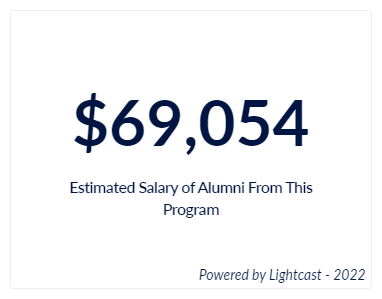Biology, BS
Biology is the science that investigates living organisms. This broad field extends from the study of the inner-workings of a cell to the interactions between organisms and their environment.
Get more info
What Will I Learn?
In addition to small classes taught by highly trained professors with expertise in their fields, the program offers students the opportunity to participate directly in research with faculty members. Students can receive small research grants from the Shippensburg University Foundation to purchase supplies or to help cover the cost of attending professional meetings. Biology students are assigned a faculty advisor from the department to help guide course selection and career goals.
In the Bachelor of Science in Biology program, you will:
- Analyze and compose scientific research effectively through oral and in written methods, including the ability to prepare scientific papers, posters and short oral presentations in standard scientific format
- Be able to apply fundamental understanding of biological systems and processes at all levels (molecules to ecosystems)
- Engage in and explain experiential or service learning, including research, internships, shadowing, service, community involvement, and/or leadership activities
You will receive a strong core in biology, you will also take a number of courses in mathematics, physics and chemistry.

Meet Rosalia Cappadora '20
"The Biology Department is full of very knowledgeable professors. You will be challenged and helped every step of the way."
What Types of Careers Could I Get With This Degree?
• Actuary/Insurance
• Medicine
• Veterinary science
• Optometry
• Dentistry
• Chiropractic
• Pharmacy
• Environmental
• Physical therapy
• Health professions in neuroscience
and clinical science
• Teaching
What Career Outcomes Do Alumni Have With This Degree?


What Kinds of Experiences Could I Have?
Expect to find success because of:
- Close proximity to many federal and state research labs, state forests and parks, and medical institutions for unique class visits and research or internship opportunities
- Charter membership of the Marine Science Consortium located at Wallops Island, Virginia, which leads to great opportunities for oceanographic study and research opportunities
- Small class sizes and personalized attention from highly qualified professors
We have laboratories containing a variety of computers and sophisticated instrumentation such as:
- Scanning electron microscope
- DNA sequencer
- Molecular imaging system
- Fluorescent microscope
- Microplate readers
- Refrigerated centrifuges
- Micro-video systems
- Automated autoclave
Environmental chambers, a pond, a thriving greenhouse, herbarium, animal care facility and a vertebrate museum add to the variety of educational experiences.
You may choose to get involved in student groups like the Biology Club, Health Sciences Club or Beta Beta Beta National Biological Honor Society.

